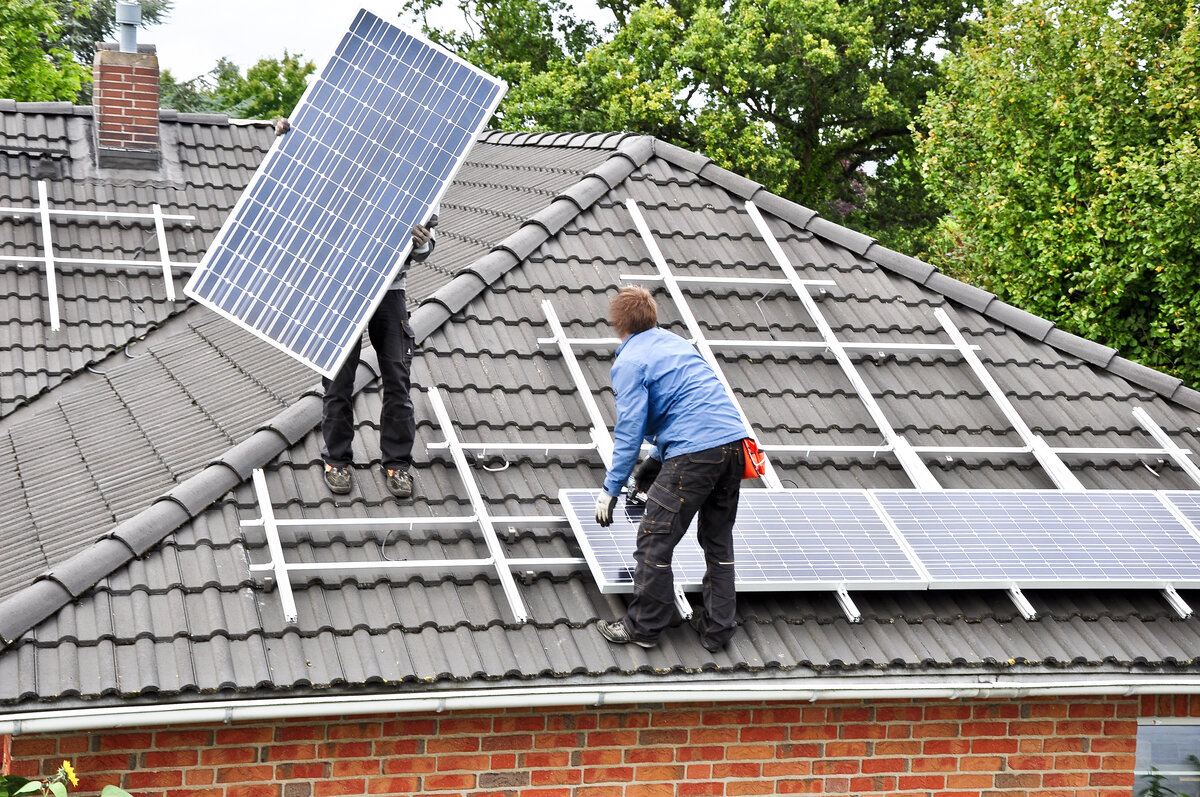Produce and use energy together
They have long arrived in the public discussion and about one hundred have already been successfully founded in Austria: Energy Communities - the economic association of at least two participant:s for the joint production and use of Energy. In order for energy communities to become a lever for the transformation of the energy system, there is still a great deal of technological research and development to be done.

With energy communities, Austrian citizens are to become active players in the energy transition. Through shared use, for example, the construction and operation of PV systems should become more economical and private capital should become a lever for the transformation of the energy system. But to really unleash the potential, it is necessary to align consumption and generation within energy communities as much as possible. After renewable generation is determined by external factors, such as PV output by weather, it will be necessary to harness the flexibility of consumers such as heat pumps, electric cars, or battery storage.
Opportune growth market
Project manager Peter Kepplinger, Research Centre Energy of the FHV, has been researching the use of flexibilities in energy systems for ten years now and reports, "Research in this field in recent years has produced many technical solution approaches for the optimal use of flexibilities. These could finally find their way into implementation, especially due to the new framework conditions for energy communities. This is where our new Hub4FlECs project comes in." Together with the Center for Energy and Environment and the Center for Building Technology of the University of Applied Sciences Burgenland, the team of the research centre Energy around Peter Kepplinger wants to build up the competences necessary to make the leap of the necessary technologies into practice in further R&E projects. "Small and medium-sized companies in particular do not have the capacity to build technical solutions that can be used directly in energy communities," Kepplinger continues. For example, charging point operators for e-cars or battery manufacturers are not specialized in offering solutions for flexibility management that make the best possible use of the available Energy, even within the energy community.
Agent-based systems
Methodologically, the focus will be on the development of agent-based systems. The paradigm from software development allows to use the computing capacities of many individual systems to achieve a good result as a whole. In the case of energy communities, the individual agents are controllers of flexible loads such as heat pumps or battery storage. With the help of simulations, different agent-based approaches are tested for typical configurations in energy communities. The laboratory infrastructure of the FH Burgenland, including existing digitized buildings, is used for testing purposes in the form of hardware-in-the-loop.
Flexibilization of energy communities
The project will also look beyond the boundaries of the energy community, as multiple levels of aggregation and optimization will play a role in the future energy system. Within all of these, flexibilities will be used economically and technically: In addition to the system of the individual customer and the energy community, nested energy communities sometimes occur. Above these are virtual power plants that bundle flexibilities, as well as the higher-level balancing energy market for stabilizing the electrical grid. The energy community can also offer its remaining flexibility - i.e., that which it cannot use itself - in these higher-level layers and thus make it available to the overall system.
Hub4FlECs bundles and expands the competencies of the two universities of applied sciences in Burgenland and Vorarlberg and is to become the focal point for research and development projects with industry in the area of flexibilization of energy communities.
About the person:
Peter Kepplinger, senior postdoctoral researcher with a leadership role at the Energy research centre, has been teaching and working at the FHV for ten years in the field of modelling, simulation and optimization of energy systems. His team conducts research in several research projects with regional, national and international partners on current technical problems in the transformation of the energy system.
March 2022
